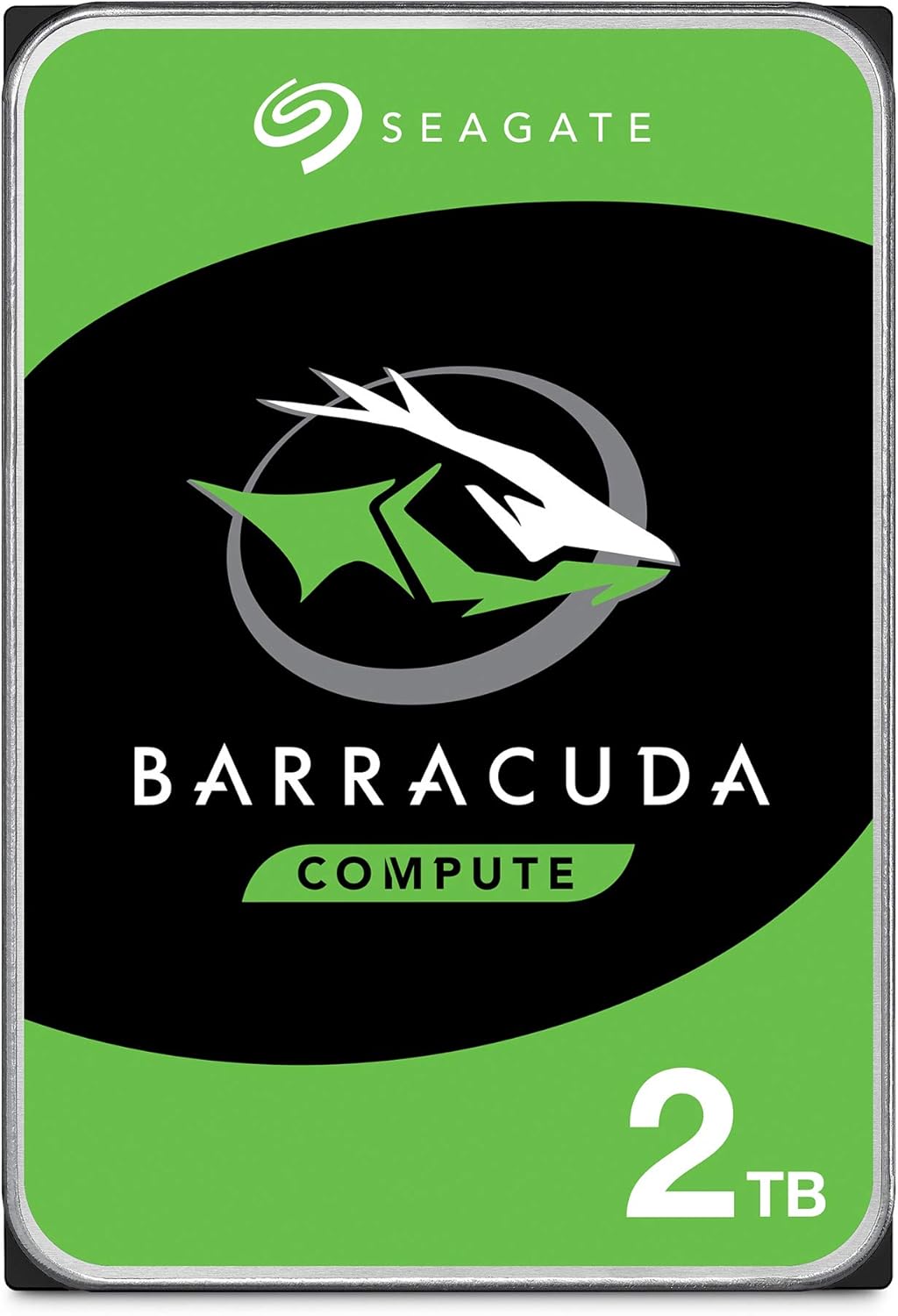Data Storage
Reviews in that Category
Data storage refers to the process of storing and preserving digital data, files, and information for later retrieval and use. It plays a crucial role in the world of computers and electronics, as it allows users to store, manage, and access their data efficiently. Here's what you need to know about data storage:
Types of Data Storage:
- Primary Storage: This type of storage includes RAM (Random Access Memory) and cache memory, which are used to store data temporarily while a computer is in use. It provides high-speed access to data but is volatile, meaning data is lost when the computer is powered off.
- Secondary Storage: Secondary storage includes hard disk drives (HDDs), solid-state drives (SSDs), external hard drives, USB drives, optical disks (like CDs and DVDs), and more.These storage devices provide non-volatile, long-term data storage options.
Hard Disk Drives (HDD):
- HDDs are mechanical devices that use spinning disks (platters) to store data. They offer large storage capacities and are commonly used in desktop computers and some laptops.
- They are slower than SSDs but are often more affordable per gigabyte of storage.
Solid-State Drives (SSD):
- SSDs use NAND flash memory to store data, providing faster data access speeds compared to HDDs. They are known for their speed, durability, and reliability.
- SSDs are commonly used in laptops, desktops, and high-performance computing environments.
External Storage Devices:
- External hard drives and USB drives provide portable data storage solutions. They can be easily connected to computers and are often used for backups, file transfer, and data sharing.
Cloud Storage:
- Cloud storage involves storing data on remote servers accessed via the internet. Services like Google Drive, Dropbox, and iCloud offer cloud storage solutions.
- Cloud storage provides accessibility from anywhere with an internet connection and offers data backup and synchronization features.
Network-Attached Storage (NAS):
- NAS devices are specialized storage solutions connected to a network. They are used to store and share data among multiple users or devices, such as in home networks or businesses.
- NAS devices often provide redundancy and data protection features.
Optical Discs:
- CDs, DVDs, and Blu-ray discs are optical storage media that were more popular in the past. They are still used for archiving data and media playback.
Data Backup:
- Data storage also involves creating backups of important data to prevent data loss due to hardware failure, accidents, or other unforeseen events.
Data Storage Capacity:
- Storage capacity is typically measured in bytes, with common units being gigabytes (GB), terabytes (TB), and more. The choice of storage capacity depends on individual or organizational needs.
Data Security and Privacy:
- Protecting data stored on various devices and in the cloud is essential. Encryption, strong passwords, and security practices are crucial for safeguarding sensitive information.
In summary, data storage encompasses a wide range of technologies and devices that allow users to store and manage digital data effectively. The choice of data storage depends on factors like capacity requirements, speed, accessibility, and security considerations.





